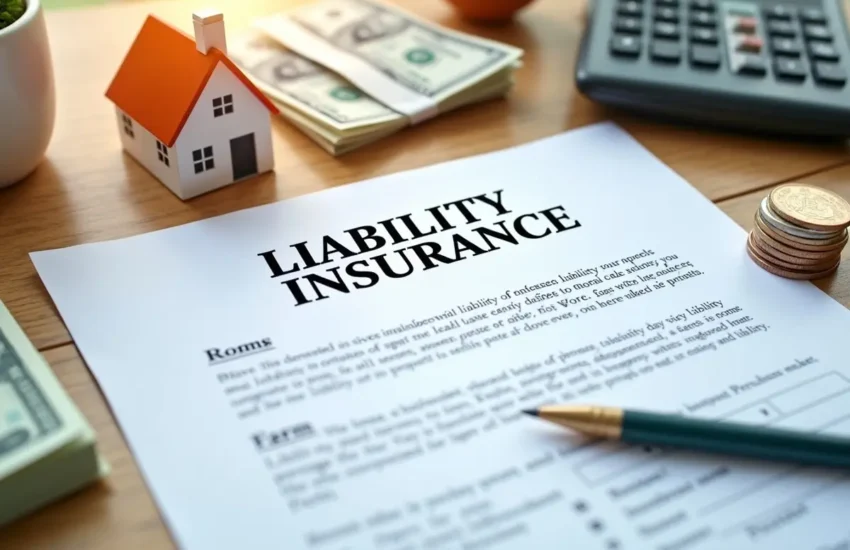What Are The True Expenses Of Going To Court?
When faced with legal disputes or the need to enforce your rights, the thought of going to court can be daunting. While seeking justice is a fundamental right, it’s crucial to understand that going to court involves more than just a day in the courtroom.
In this comprehensive blog post, we will delve into the true expenses of going to court, shedding light on the financial, emotional, and time-related costs that often go unnoticed. By exploring these aspects, you can make informed decisions and better prepare yourself for the journey ahead.

Legal Fees and Attorney Costs
One of the most significant expenses associated with going to court is legal representation. Attorneys’ fees can vary greatly depending on the complexity of the case, the attorney’s experience, and the jurisdiction. Hourly rates, flat fees, or contingency fees (a percentage of the amount recovered) are common billing methods employed by lawyers.
Hiring an attorney is a crucial step in navigating the legal system. Their expertise and guidance can greatly increase your chances of a favorable outcome. However, it’s important to carefully consider the financial implications of legal representation. Attorneys’ fees can accumulate quickly, especially in lengthy or complex cases. Before hiring an attorney, it is wise to inquire about their billing structure, estimate the potential costs, and discuss any available payment options.
Court Filing Fees
To initiate a legal action, you must file various documents with the court. These documents come with filing fees, which can range from a few dozen to several hundred dollars. The exact amount depends on the type of case, court jurisdiction, and the relief sought.
Court filing fees are necessary to cover administrative costs and ensure access to justice. However, it’s essential to be aware of these fees when budgeting for your legal proceedings. Research the specific filing fees associated with your case type and jurisdiction to anticipate these expenses accurately. Failure to pay the required fees can result in delays or even dismissal of your case.
Luckily, you can now get a loan specifically designed to cover court filing fees until your case is resolved. Creative funding solutions provided by Fair Rate Funding and similar
lenders have emerged to help individuals manage the financial burden of court filing fees and other related expenses. These lenders offer lawsuit funding or litigation financing, which is a non-recourse cash advance against the potential settlement or judgment of your case.
Expert Witness Fees
In some cases, expert witnesses may be necessary to provide specialized knowledge or opinions. Their fees can be substantial, especially in complex matters such as medical malpractice or intellectual property disputes. Expert witnesses typically charge an hourly rate, and their involvement can significantly contribute to the overall expenses of the case.
Expert witnesses play a crucial role in presenting complex or technical information to the court. Their opinions can help bolster your case or refute the opposing party’s claims. However, it’s important to consider the financial implications of hiring expert witnesses.
Before engaging their services, thoroughly discuss their fees, expected time commitment, and the potential impact their testimony may have on your case. Careful evaluation of the necessity and cost-effectiveness of expert witnesses is essential to manage expenses effectively.
Discovery Costs
The process of discovery allows both parties to gather evidence, depose witnesses, and request relevant documents. The costs associated with discovery can accumulate quickly. Document production, depositions, and court reporters’ fees are among the expenses incurred during this phase.
Discovery is a critical phase in any litigation process, as it enables parties to gather and evaluate evidence. However, it is important to be mindful of the expenses that come with it. Requesting documents, conducting depositions, and hiring court reporters can all contribute to the overall cost of your case.
It is advisable to work closely with your attorney to develop a strategic and cost-effective approach to the discovery process. This may involve prioritizing the most relevant evidence and utilizing alternative methods, such as electronic discovery, to streamline the collection process.
Miscellaneous Costs
Going to court often involves several additional expenses that are easy to overlook. These can include notary fees, postage, photocopying, and courier services. Although individually they may seem insignificant, when combined, these costs can make a noticeable dent in your budget.
While seemingly small, miscellaneous costs can quickly add up, especially in lengthy legal proceedings. Notary fees, postage for mailing documents, photocopying charges, and courier services are just a few examples of incidental expenses that may arise.
It is important to keep track of these costs and incorporate them into your overall budget. Discuss with your attorney the possibility of minimizing these expenses through digital documentation, email communication, and utilizing technology to streamline administrative tasks.
While the pursuit of justice is a fundamental right, it is important to approach going to court with a clear understanding of the true expenses involved. From legal fees and court filing costs to expert witness fees and the emotional toll it takes, the financial and non-financial burdens can be significant.
Being aware of these expenses can help you plan better, make informed decisions, and explore alternative dispute resolution methods, such as negotiation or mediation. Ultimately, weighing the costs against the potential benefits will enable you to navigate the legal system more effectively and find the best path to resolution.


